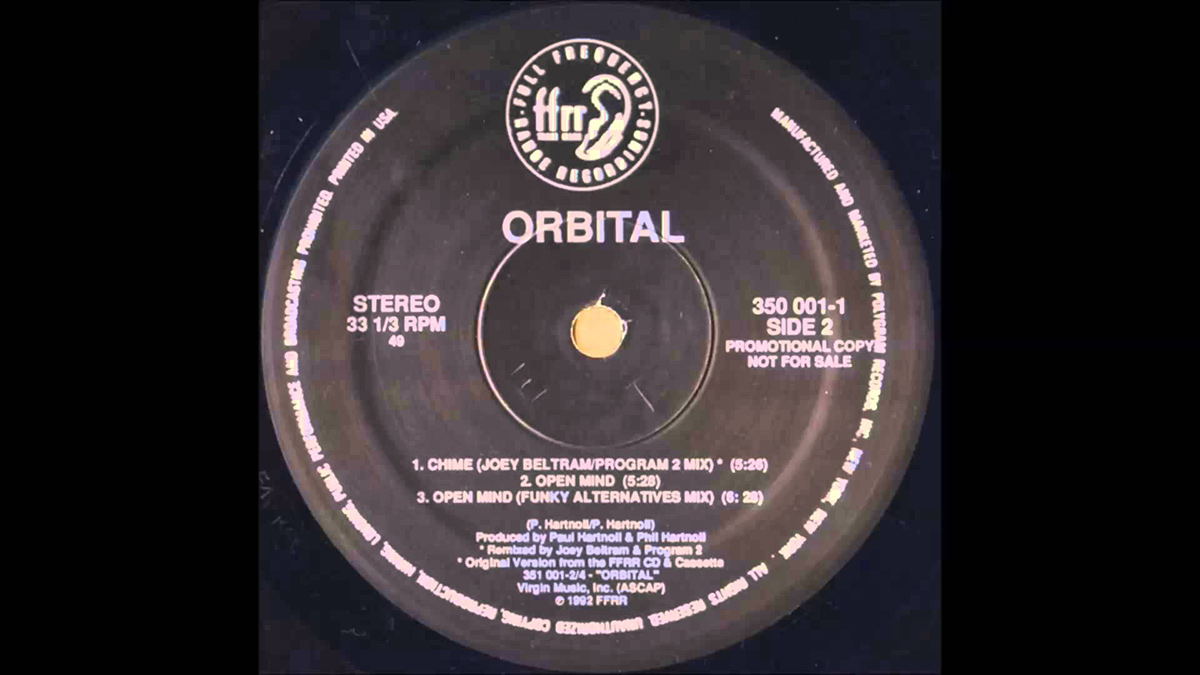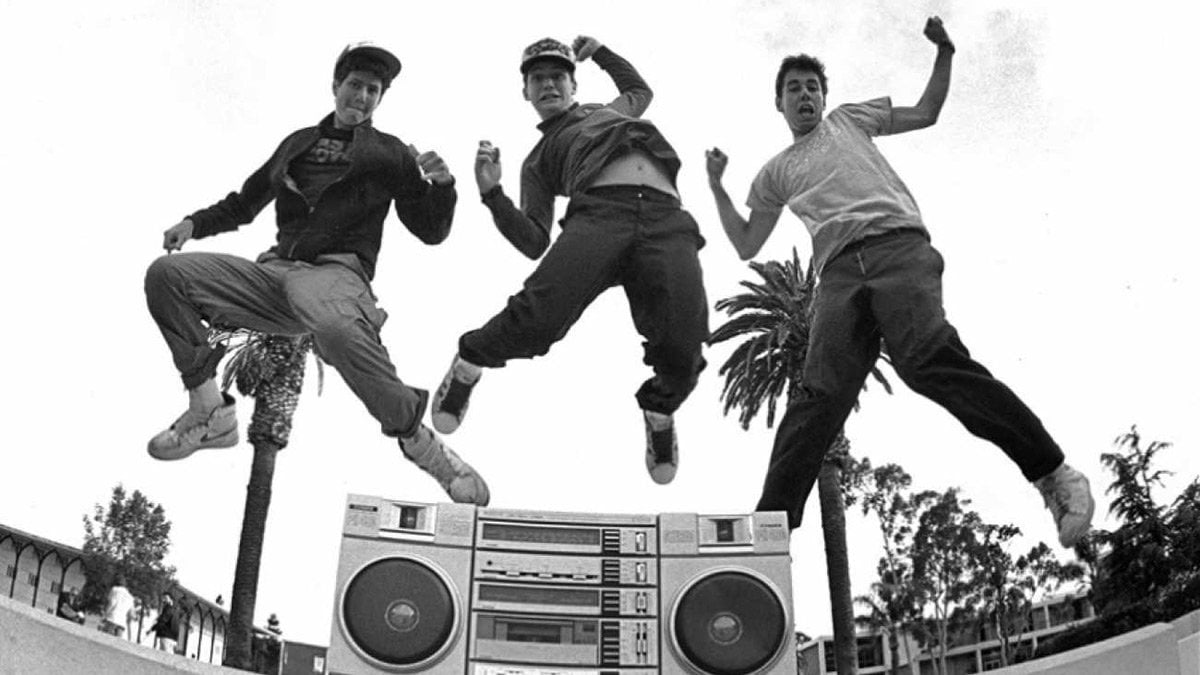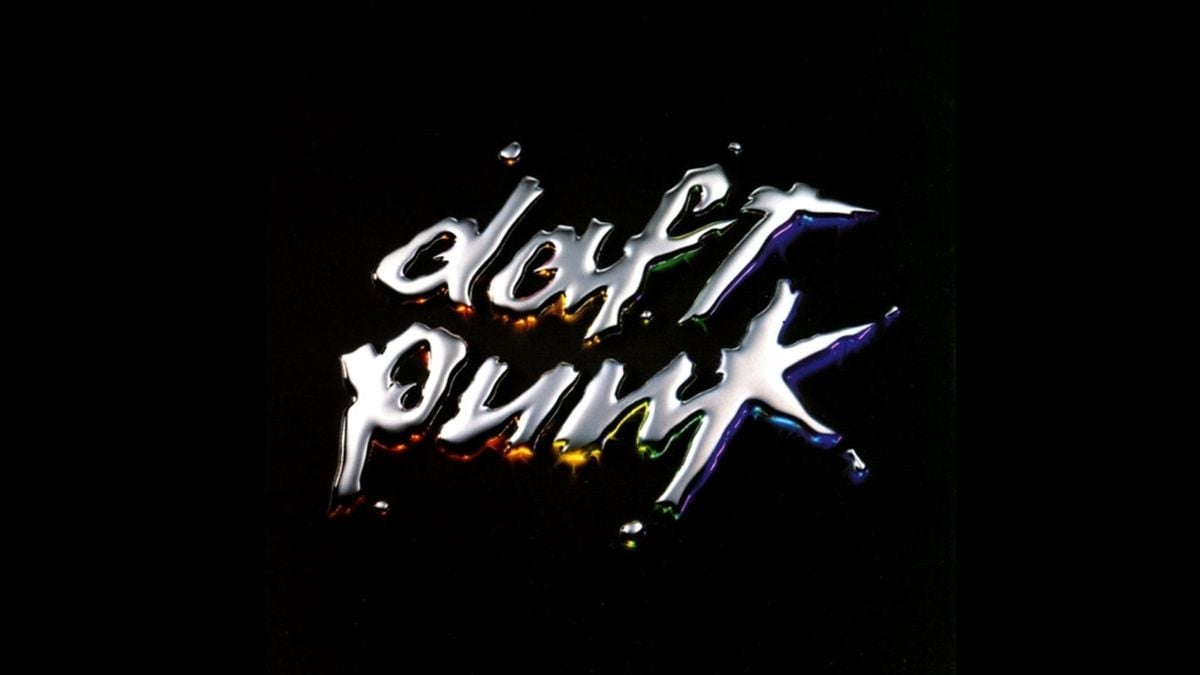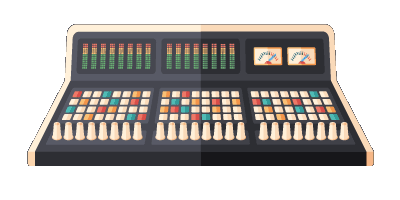Orbital - Chime

Each month we take a look at a classic track or album and discuss it from a music production perspective, examining any sonic innovations that took place during its recording. This month we take a look at Orbital's 1989 debut single, 'Chime'.
Orbital are rightly regarded as pioneers of 'stadium dance music'. Their headline appearance at Glastonbury Festival in 1994 was a first for a dance act, and festival organiser Michael Eavis described it as the moment when dance music appeared on the mainstream agenda.
Five years earlier, Paul Hartnoll (one half of Orbital, along with his brother Phil) had knocked out 'Chime' quickly before he went to the pub for the evening, not realising at the time that this record would kick-start his music career. In an interview with Sound On Sound, he describes the recording process; 'I literally finished recording it as I had people standing by me, saying 'Come on, let's go to the pub... Come on!' I said 'Look, hang on a minute, I'm recording. Just wait!' I remember someone leaning over and going 'You know, that sounds all right, I quite like that!' He was an old hippy friend of mine.'
The track was recorded live through the Hartnolls' Yamaha four-track cassette recorder into their dad's 1970s Pioneer cassette player. The four-track had six inputs, and Paul had realised that he could utilise all of these simultaneously, essentially gaining two extra slots for more instruments, but only if he recorded his tracks live. He was effectively using the four-track as a rudimentary mixing desk instead of a recorder.
In addition to the four-track, Paul's home recording setup at the time consisted of a Roland TR909 drum machine, Roland TB303 and SH09 synths, a Yamaha DX100 synth, an Akai S700 sampler, an Alesis MMT8 sequencer and a small mono Boss delay. He was working part-time in a kitchen at the time and was unable to afford expensive equipment, but this wasn't a problem – in fact, he believes that it helped to shape the Orbital sound in a positive way: 'Basically, what happened to me appeared to be the same as what happened to a lot of people in Detroit. You couldn't afford a DX7, so you bought a DX100; you couldn't afford a 707, so you bought a 909 — you were getting all the cheaper versions, but actually those machines created the sound of techno and house music. At least that's how it seemed to me. The whole Detroit scene appeared to be built on cheap instruments.'
Without a budget, and through pushing their gear to its limits, Orbital were about to shape the future of electronic music.



Comments:
Login to comment on this post